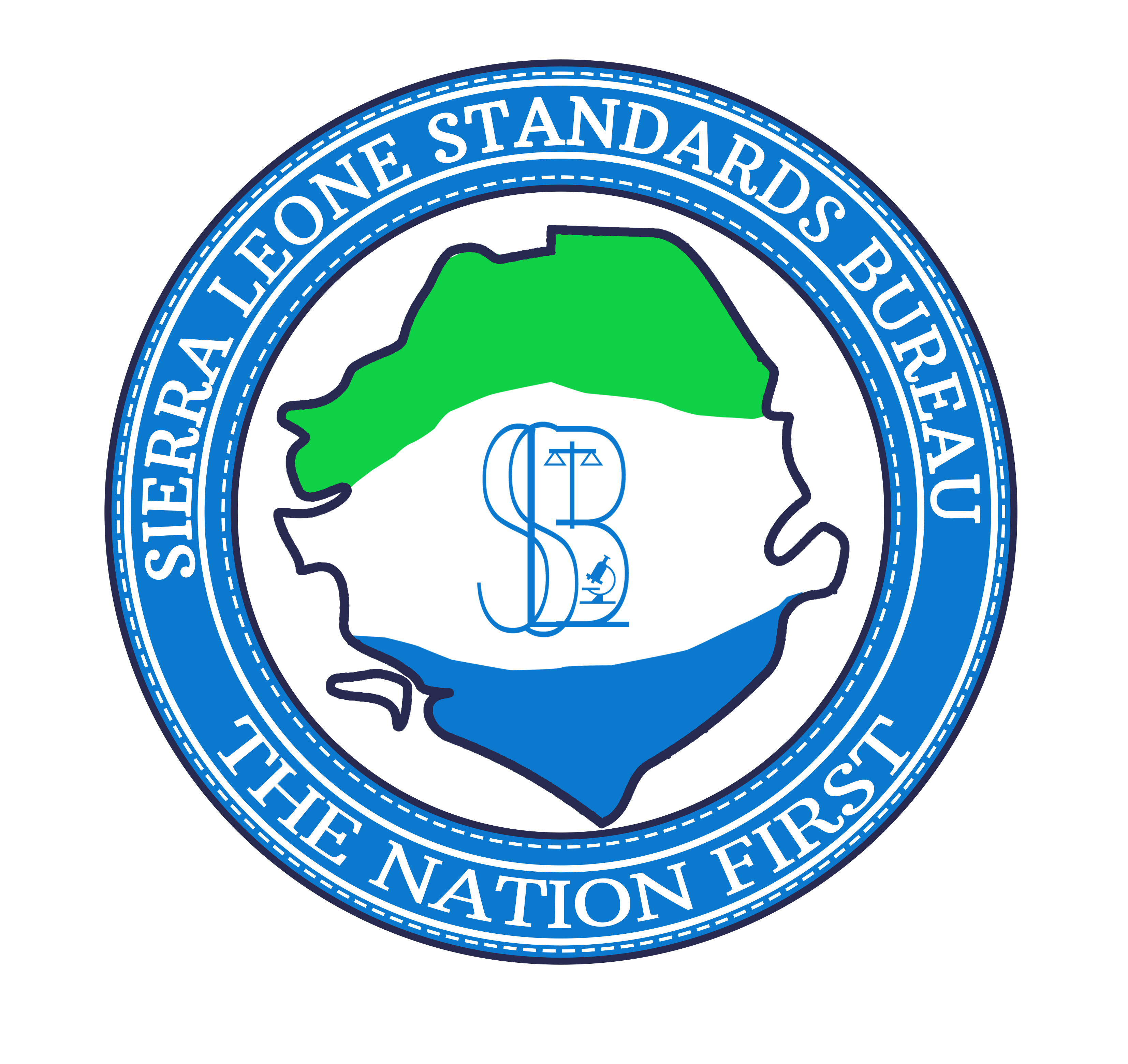PRODUCT CERTIFICATION
Product certification involves the issuance of a certificate or mark (or both) by a third party to demonstrate that a specific product meets a defined set of requirements such as safety, fitness for use and/or interchangeability characteristics for that product, usually specified in a standard. Product certification is carried out by product certification bodies which should conform to ISO IEC 17065.
It is an established conformity assessment activity that provides confidence to consumers, regulators, industry, and other interested parties that products conform to specified requirements, including for example product performance, safety, interoperability and sustainability (ISO IEC 17067: 2013).
Product Certification facilitates trade, market access, fair competition and consumer acceptance of products on a national, regional and international level. It involves the issuance of a certificate or mark (or both) to demonstrate that a specific product meets a defined set of requirements for that product. The certification mark is normally found on the product packaging (label) and may also appear on the certificate issued by the certification body. The mark carries a reference number or name of the relevant product standard against which the product has been certified.
The Sierra Leone Standards Bureau (SLSB) is mandated under the Standards Act No 2 , 1996 to undertake conformity assessment activities among them is the Product certification. The SLSB operates a Product Certification scheme, under this scheme, manufacturers apply for and are granted permits to use the Sierra Leone Standards Certification Mark (The Quality Mark) on their products after demonstrating compliance of their products to the requirements of relevant National standards.
The SLSB gives permission for a conforming product to bear a mark of conformity called the Quality Mark; providing evidence of compliance to specification. A product bearing this mark carries a third-party guarantee; an assurance that the product has been inspected, tested and conforms to the requirements of an accepted standard. Production has been supervised and controlled, assuring safety and value for money.
Consumers require the assurance that products and services conform and comply with national regulations. This confidence can only be realized through conformity assessment of products, processes or services to ensure fulfilment of requirements and relevant standards. Conformance to these standards offers protection by safeguarding consumer health and safety.
To apply for Product Certification, Follow the Link below
Click here to Apply for Quality Mark (Q-Mark)
Benefits of product certification:
- Winning Consumer confidence in the certified products resulting into increased market share and consumers’ ability to identify the products that conform to quality standards thus making quick decisions in favour of quality products
- The product is presented with a better image in both national and international markets resulting into mutual recognition schemes where countries recognize each other’s products thus easing entry into regional and foreign markets; easy acceptance and promotion of new products in the markets; and safeguarding the image and reputation of the manufacturer.
- Protection against unfair competition from inferior products on the market through easy identification of the products that conform since they carry the Quality Mark; government and international bodies and NGOs rely on Certified products for their purchases; and government is making it a requirement for local purchases to be certified.
- The Certification Scheme provides technical audit of product quality and process control procedures. This means that the Manufacturer gets technical advisory services and information at little or no cost that would otherwise be obtained at very high cost.


